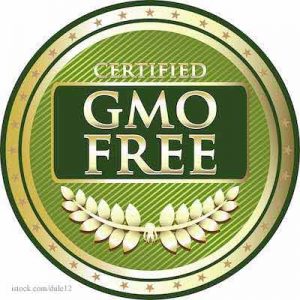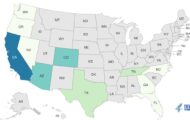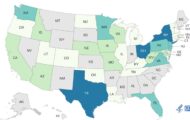Food and Water Watch has uncovered a new strategy by big food corporations to “label” foods as containing GMOs without, well, labeling them. Vermont’s GMO labeling law is going into effect on July 1, 206. Corporations are now asking legislators to allow them to use their QR codes and 800 numbers as GMO labels.
 QR codes are those strange black and white squares on product packages that look like squiggles or writing from an ancient rune. You can scan them with a smartphone to get more information about the product or by directed to the company’s website. In order to discover if a product contains genetically modified ingredients, you would have to scan the code, wait for a web page to load, and then see if there is any information about GMO ingredients.
QR codes are those strange black and white squares on product packages that look like squiggles or writing from an ancient rune. You can scan them with a smartphone to get more information about the product or by directed to the company’s website. In order to discover if a product contains genetically modified ingredients, you would have to scan the code, wait for a web page to load, and then see if there is any information about GMO ingredients.
There are many problems with this method. First, many consumers do not own smartphones; in fact, 36% of Americans do not own one, so they would have no way to discover if a product they are buying contains GMO ingredients. Second, of the 64% who do have a smartphone, a significant percentage, up to 21%, cannot afford a monthly internet access fee or have to cancel it occasionally because of budget problems, so would have no way to scan the code.
And an 800 number on the product isn’t much better. Taking the time to call a company’s 800 number about every product you buy is so time-consuming as to be ridiculous. Many companies are betting that consumers just won’t bother. A plain label stating whether the product contains GMO ingredients or not would be straightforward and much easier for every consumer.
Food and Water Watch states that the QR compromise is discriminatory against low-income shoppers and those who do not have smartphones. Studies show that only 21% of smartphone owners ever scan a QR code, and 97% of Americans don’t even know what QR codes are.
You can tell your Senators you want clear, mandatory labeling of products indicating which ones contain GMO ingredients. The DARK Act, which would prevent states from imposing mandatory GMO labels on foods, was defeated in a Senate procedural vote, but it could be brought back to the floor for a vote next month.




